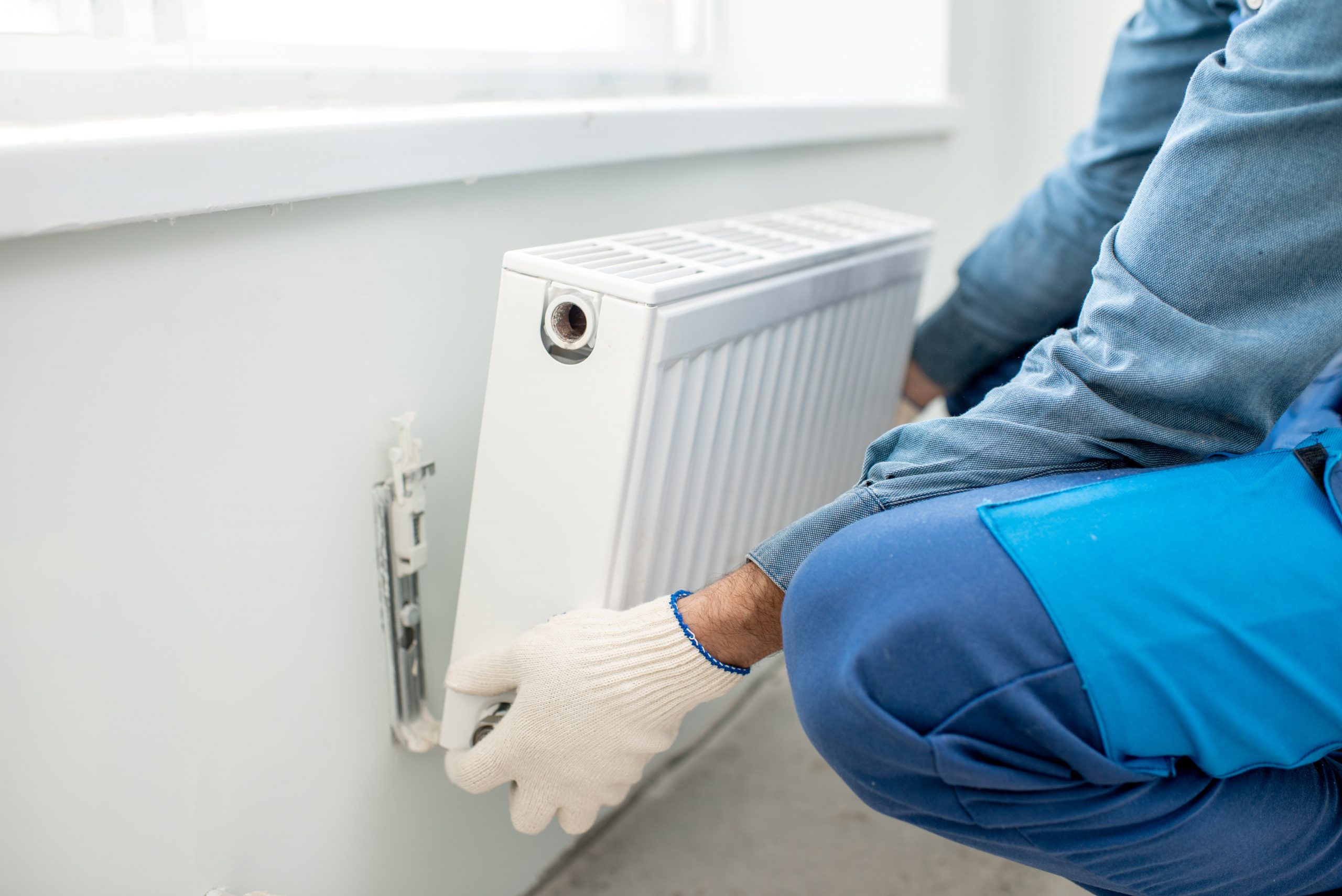

In this guide, we will explain what options you have for plumbers insurance cover. Once you have the information you need, you can get a quote by visiting our plumbers insurance page.
You don’t have to insure everything. But your plumbing and heating work isn’t without risks. It is your personal choice based on how much risk you want to take on without insurance.
The exception to this is if you have employees.
If you have employees, you need to arrange Employers Liability Insurance by law. This needs to include people that help you out on a temporary basis. More on that below.
The other covers you can choose from aren’t compulsory but could be a sound choice for your business.
In this guide, you will find out about the most common plumbers insurance cover:
Read on to find out more.
Public liability is a key plumbers insurance cover.
There is always a risk of something going wrong, no matter how skilled or careful you and your team are.
Sometimes mistakes can lead to damage to property or injury to someone. This is what public liability insurance is for. If this happens and someone makes a claim against your business, you will have cover for the legal costs.
The cover would also pay for any successful claim award up to the amount of indemnity you have bought.
Public liability insurance isn’t compulsory. But, without the cover, could you afford to fund a claim out of your own pocket? Most people and businesses couldn’t.
The most common public liability insurance claim for plumbers is escape of water. Often because of something that’s not fitted how it should be. Push fit pipes are a particular risk for causing leaks and water damage.
An example of a personal injury claim against plumbers is a slip or a trip.
You can protect yourself and limit the chances of a claim by:
Most insurers will add a condition to help you manage the risk of escape of water and damage claims.
Your insurer will need you to inspect your work on completion and keep a written record. The record should include the date and time of the inspection and who did it. If there is a claim against your business, your insurance company will ask for this.
The answer is usually as much as you can afford. No one knows what is around the corner.
If you think about what the value of the biggest claim could be. If you are unlucky, you could have more than one in a year.
The levels of cover you can buy are, £1 million, £2 million and £5 million. Sometimes, the other firms you are working with could request £10m.
Most insurance policies will go up to £5m online. You can buy a separate policy (an excess of loss policy) to top the cover up to £10m if you need to.
Do have any permanent or temporary employees (such as a friend helping you out)? If you do, by law you will need to include Employers Liability. You can easily add this to your plumbers insurance cover.
Failing to do so will result in a fine of £2,500 for every day you don’t have adequate insured.
You will get a fine of £1,000 if you do not display your Employers Liability certificate at your premises. You can also get a fine if you refuse to make it available to inspectors when they ask.
The law says you need to buy at least £5m cover. But you will find many insurers will provide £10m. Most will restrict this to £5m if injury or death relates to asbestos or terrorism.
Many businesses get this wrong when they misunderstand what an employee is.
Your insurance policy does provide some guidance on this and will say something like:
It will then say that each would need to be:
The policy will also say, this definition excludes any bona fide sub-contractor. Bona fide sub-contractors need to insure their own employees.
You might want to consider including tools insurance in your plumbers insurance cover.
But, if your tools aren’t worth much, it may not be worth buying this cover. Most insurers will want an excess of £250-£500 per loss.
An excess is your contribution towards any claim.
You might want to consider insuring your tools against theft or loss.
But, if your tools aren’t worth much, it may not be worth buying this cover. Most insurers will want an excess of £250-£500 per loss (an excess is your contribution towards any claim).
If you leave your tools lying around and they get stolen, you may not have cover for this. Most insurers will expect you to be careful with your tools and when they aren’t in use, you will need to lock them away.
Your tools are generally covered against theft where:
Many won’t cover your tools in a vehicle.
Insuristic will, if they vehicle is locked and alarmed and situated:
You can insure your tools and take out additional cover to insure your employees tools.
If you need to make a claim, you will need to prove ownership and provide a police crime number.
You should keep an inventory of your tools and keep copies of receipts.
You should keep an inventory of your tools and keep copies of receipts. If you have a theft, the insurer will also need a police crime number.
Legal expenses insurance is often overlooked but it is very valuable cover.
It will cover the costs of a range of legal disputes, with the cost not exceeding the cover you have bought.
The cover can vary depending on insurance provider. Insuristic offers £100k of legal expenses cover on its plumbing scheme.
The cover will respond to a range of legal disputes. The key areas of cover for plumbers are:
There are other covers like property disputes, regulatory investigations and more.
For the low cost, it is well worth the protection.
A professional indemnity policy provides protection against claims and defence following negligent advice. It excludes claims relating to an incorrect design, build, maintenance or installation.
A public liability policy would respond if you do work that causes damage.
A business should consider PI insurance if they provide safety certifications. For example, if you sign off an appliance as safe, and it turns out it wasn’t, the client could sue you for any losses they suffer. A PI policy would pay for your defence and damages (up to the amount of cover you have bought).
Facing a claim like this can be very expensive. Even if you weren’t proven to be at fault the legal expense can be high.
So, if you provide advice, you might want to consider adding professional indemnity to your plumbers insurance cover
A personal accident policy provides a lump sum if someone is injured or killed. It doesn’t need to happen whilst they are at work. You don’t have to prove negligence, just that something has happened.
There might be some policy exclusions. For example:
The lump sum is paid to your business and you can use it however you need to. You could:
Personal accident cover be a very useful addition to your plumbers insurance cover.
I hope this helps you understand the cover you need.

Hi, I'm Rob, CEO and Founder of Insuristic. My mission is to make insurance easier to understand and buy online.
I hold an Advanced Diploma in Insurance (ACII) which demonstrates I have a solid technical understanding of Insurance and have committed to continuous professional development. I am also a member of the Chartered Insurance Institute and hold the a Chartered Insurance Broker status.
Over the last 27 years, I have worked for insurers, insurance brokers and insurance technology businesses, specialising in product, sales and marketing.
You can find out more about me on my author page.

Insuristic Limited is an Appointed Representative of SJL (Worcester) Ltd, who are authorised and regulated by the Financial Conduct Authority with the reference number 763599. This can be checked by visiting https://register.fca.org.uk/s/.
Registered Office: Unit 2, 262 Walsall Road, Cannock, England, WS11 0JL. Registered in England and Wales No: 13926650.
Insuristic is a registered trademark. ©Copyright 2023 Insuristic Limited. All Rights Reserved.